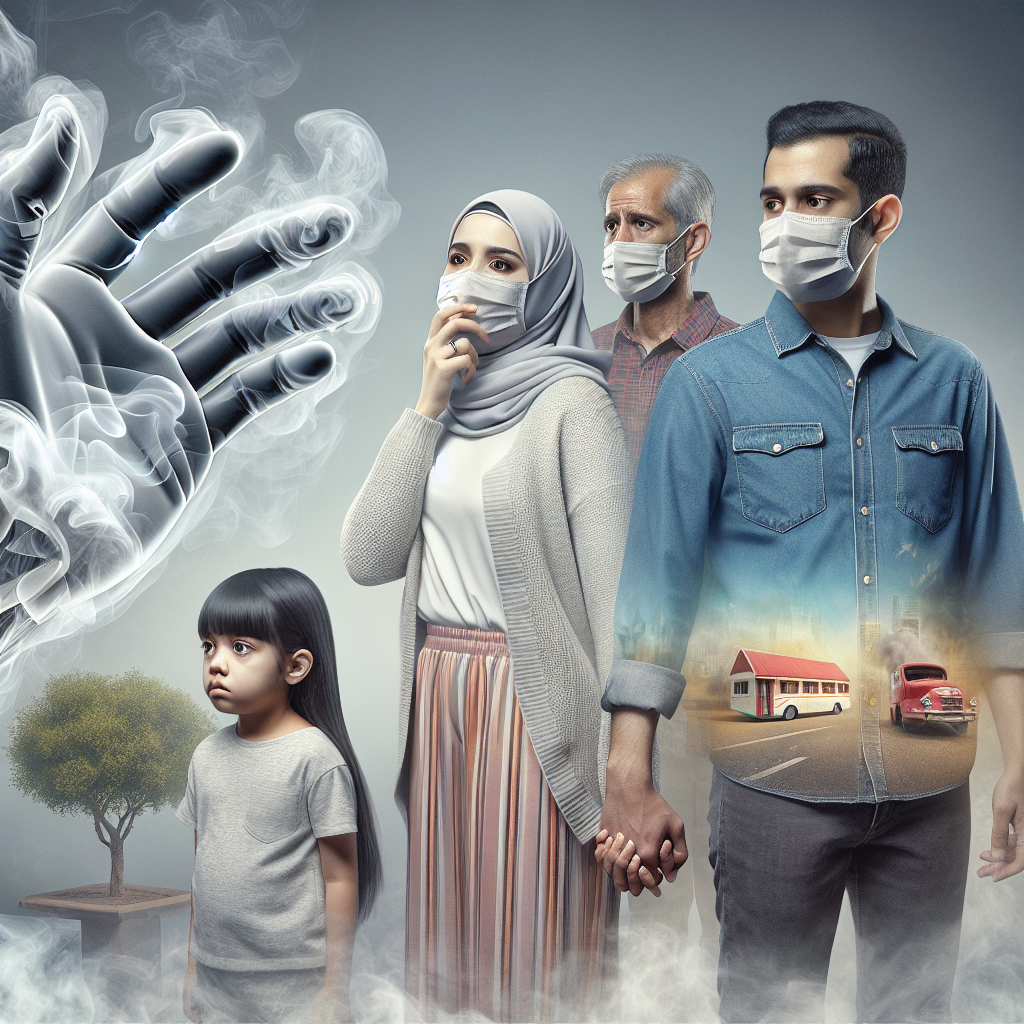The Dangers of Secondhand Smoke: Protecting Yourself and Your Loved Ones
Secondhand smoke, also known as passive smoke or environmental tobacco smoke, is a dangerous and often overlooked health hazard. It is the smoke that is exhaled by smokers or given off by burning tobacco products, such as cigarettes, cigars, and pipes. This smoke contains over 7,000 chemicals, including more than 250 known to be harmful and at least 69 that are known to cause cancer.
Exposure to secondhand smoke can have serious health consequences for both adults and children. According to the Centers for Disease Control and Prevention (CDC), secondhand smoke can cause heart disease, stroke, lung cancer, and respiratory problems in non-smoking adults. It can also increase the risk of sudden infant death syndrome (SIDS), respiratory infections, asthma, and ear infections in children.
Children are particularly vulnerable to the effects of secondhand smoke because their bodies are still developing. They breathe faster than adults, which means they inhale more harmful chemicals per pound of body weight. In addition, children are often unable to avoid exposure to secondhand smoke in their homes, cars, and public places.
Protecting yourself and your loved ones from the dangers of secondhand smoke is crucial for maintaining good health. Here are some tips to reduce exposure to secondhand smoke:
1. Avoid places where smoking is allowed: Choose smoke-free restaurants, bars, and other public spaces. If you must be in a smoking area, try to sit as far away from smokers as possible.
2. Encourage smokers to quit: If someone in your household smokes, encourage them to quit. Offer support and resources to help them kick the habit for good.
3. Create a smoke-free home: Make your home a smoke-free environment by establishing a no-smoking policy indoors. Encourage guests who smoke to do so outside.
4. Protect children: Do not allow smoking in your car or around children. Keep your home and car smoke-free to protect your children from the harmful effects of secondhand smoke.
5. Advocate for smoke-free policies: Support smoke-free laws and policies in your community, workplace, and public spaces. These policies can help reduce exposure to secondhand smoke for everyone.
By taking steps to reduce exposure to secondhand smoke, you can protect yourself and your loved ones from the serious health risks associated with passive smoking. Remember, there is no safe level of exposure to secondhand smoke, so it is important to take action to safeguard your health and the health of those around you. Together, we can create a smoke-free environment for a healthier future.


